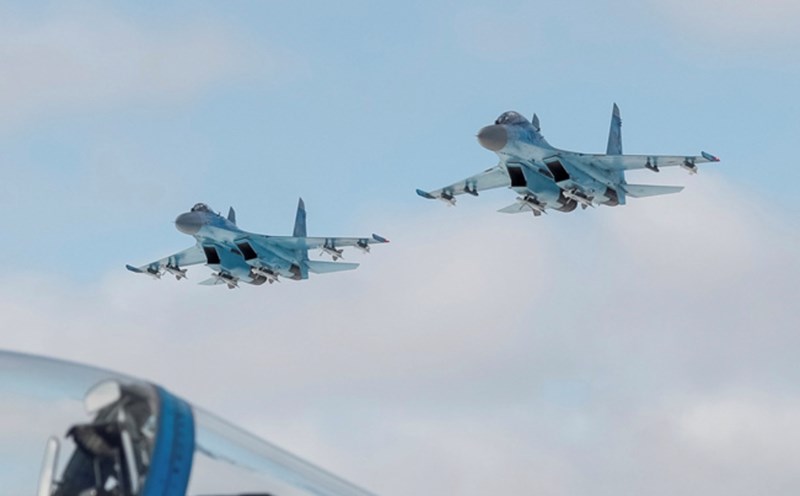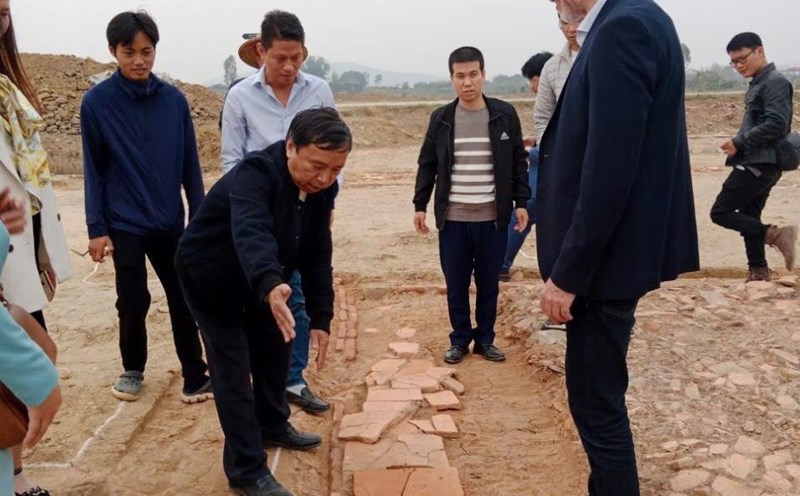Speaking at a press conference in Kiev with the participation of the leaders of France, the UK, Poland and Germany, Mr. Zelensky affirmed that the prerequisite for discussing any solution is a comprehensive ceasefire.
"Regarding the issue of non-military zones, withdrawing troops, etc., I have heard about it in the media and not only in the media, but from many people, many intelligence agencies. Officially, Ukraine has never proposed anything like that," he said.
President Zelensky questioned the feasibility and effectiveness of the two-way buffer zone, which is 15km behind each side: Why 15km? Where to calculate? If he agrees with that, what will happen to Kherson? If our army is not there, we will lose Kherson.
He also stressed that past ceasefire orders were taken advantage of to expand the control of pro-Russian breakaway forces, causing Ukraine to lose more territory.
The proposal to establish a non-military zone under the control of both sides was made by Mr. Keith Kellogg, President Donald Trump's special envoy to Ukraine. Mr Zelensky said this is not applicable in the current context, when artillery attacks continue to occur in major cities such as Kherson, Kharkov and Sumy.
He warned that withdrawing troops from these areas would only make cities more vulnerable, as fire from the other side could still strike deep inland.
At the same time, countries in the " action-readiness countries" group agreed to propose Russia would accept a comprehensive and unconditional 30-day ceasefire from May 12. If Moscow refuses, a series of new sanctions will be implemented, especially in the energy and banking sectors.
French President Emmanuel Macron and Polish Prime Minister Donald Tusk both spoke in support of increased sanctions if Russia violates the ceasefire. Mr. Tusk especially emphasized that coordination with the US will play a decisive role in the effectiveness of the general sanctions strategy.











